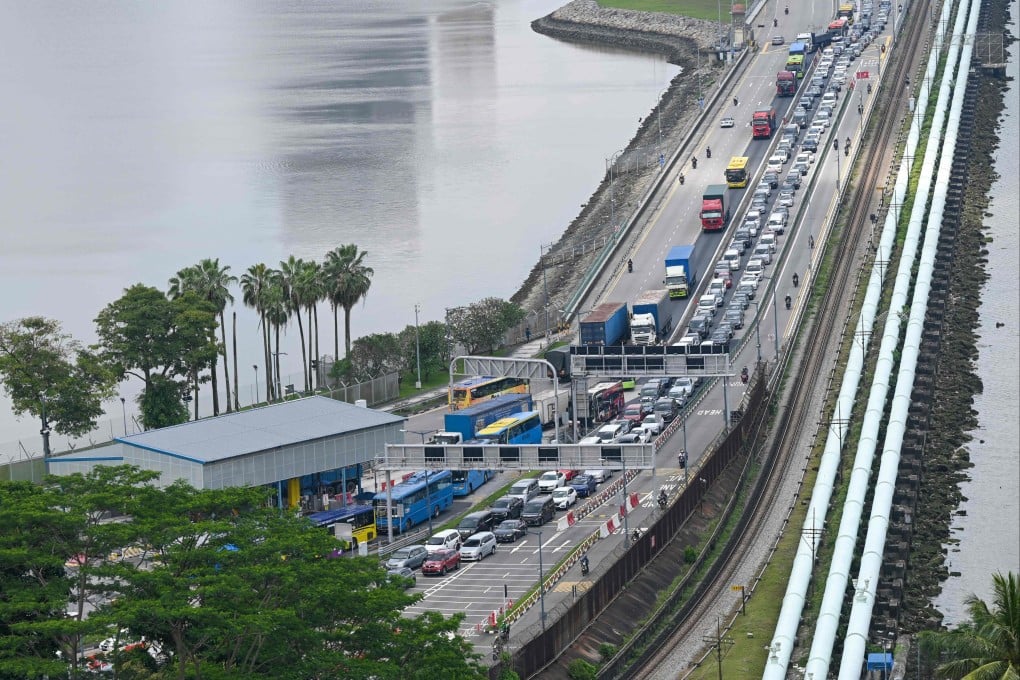Johor-Singapore Special Economic Zone dangles more investor perks
Malaysian official reveals more benefits on sidelines of Korea-Asean Business Forum in Seoul, as UOB bank rolls out support for Korean firms eyeing the region

Companies in the Johor-Singapore Special Economic Zone (JS-SEZ) that can significantly boost Malaysia’s economy stand to receive benefits on top of standard tax breaks, such as talent incentives and exemptions on import duties, according to an investment official.
Investors in the special zone, which covers 3,571 sq km (1,379 square miles), or nearly five times Singapore’s land area, can already enjoy special tax rates of 5 per cent for up to 15 years on new manufacturing funds above 1 billion ringgit (US$226 million).
Speaking to the media on the sidelines of the Korea-Asean Business Forum in Seoul on Wednesday, Ruhizam Idris, director of the Malaysia Investment Development Authority, Seoul, said that depending on the project, companies could receive additional customised benefits.
The authority will ask investors for a “wish list”, according to Ruhizam. “It’s not only in the form of income tax exemption, but the incentive might be in the form of talent, maybe in terms of exemption on import duty for the component and raw materials.
“We are looking at how strategic the project [is] to Malaysia, we are looking at the spillover effect. How big is the spin-off effect of that project to Malaysia; the creation of employment, creating business [opportunities] for local Malaysian companies,” said Ruhizam.

After years-long delays, Malaysian Prime Minister Anwar Ibrahim and his Singaporean counterpart, Lawrence Wong, in January formally agreed to develop the JS-SEZ, aimed at developing industries such as aerospace, medical devices, pharmaceuticals, chemicals and electronics.